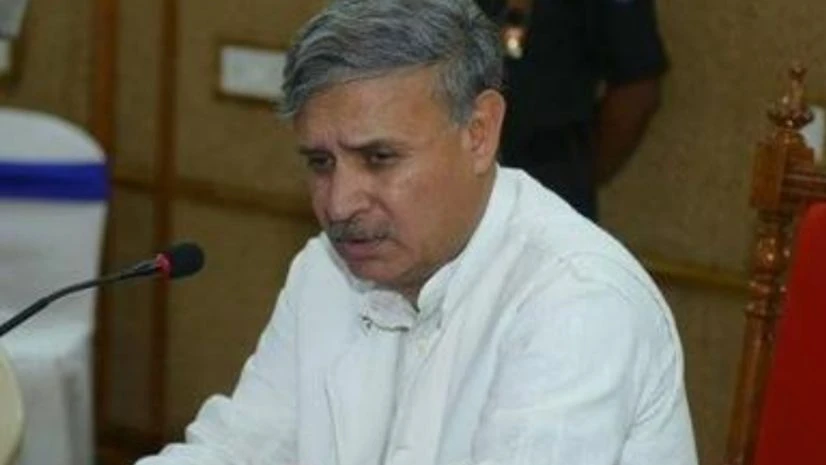The Government of India has made sustained efforts to achieve a more balanced trade with China, including bilateral engagements to address the non-tariff barriers on Indian exports to China, Union Minister Rao Inderjit Singh told the Rajya Sabha on Monday.
In a written reply to a query, Singh, Minister of State (Independent Charge) for the Ministry of Planning and Minister of State in the Ministry of Corporate Affairs, further said "the government has also taken measures in form of trade remedies (Anti-dumping, countervailing duty etc.) against unfair trade practices and formulated technical regulations and also issued quality control orders to check substandard imports."
"Efforts have also been made to source critical supplies from alternate sources and sensitize the concerned ministries departments to ramp up domestic capacities," said Singh while replying to the query of Aam Aadmi Party MP Narain Dass Gupta.
Asked whether the NITI Aayog has emphasized on the need to reduce India's dependence on China, the MoS said: "NITI Aayog as the Government of India's premier think tank, has been providing policy initiatives to support the Government of India's goal of Aatmanirbhar Bharat including, promotion of exports of goods and services, addressing the trade deficit, reducing India's dependence on any single country for critical inputs etc."
The Minister's reply came almost a month after the revelation of a note issued following SBI Research pointing that India can reduce its dependence on China for imports to the extent of 10 per cent and add around $6 billion to its Gross Domestic Product over time by leveraging production-linked-Incentive schemes (PLI).
Also Read
The production-linked incentive scheme, which is a flagship offering of the Narendra Modi government, has been touted as one which would eventually help make India a robust manufacturing machine and a credible alternative to China. The PLI schemes envisage a cumulative $21 billion investment.
In March 2020, India had announced the PLI schemes across 14 sectors including automobiles, auto components and electronics amongst others at an outlay of Rs 1.97 lakh crore, under the 'Aatmanirbhar' Bharat mission.
The government is planning to extend the PLI schemes worth Rs 35,000 crore to different sectors such as containers, electrolysers, power transmission equipment, etc.) to ensure manufacturing CAPEX continues to remain elevated beyond FY26.
(Only the headline and picture of this report may have been reworked by the Business Standard staff; the rest of the content is auto-generated from a syndicated feed.)

)
